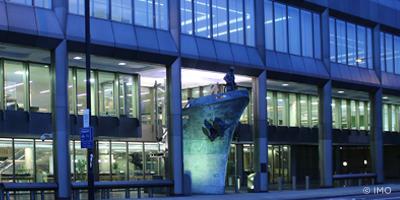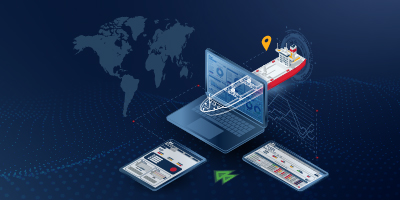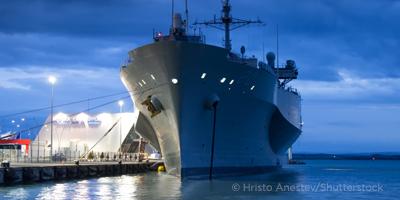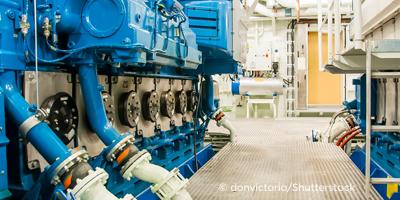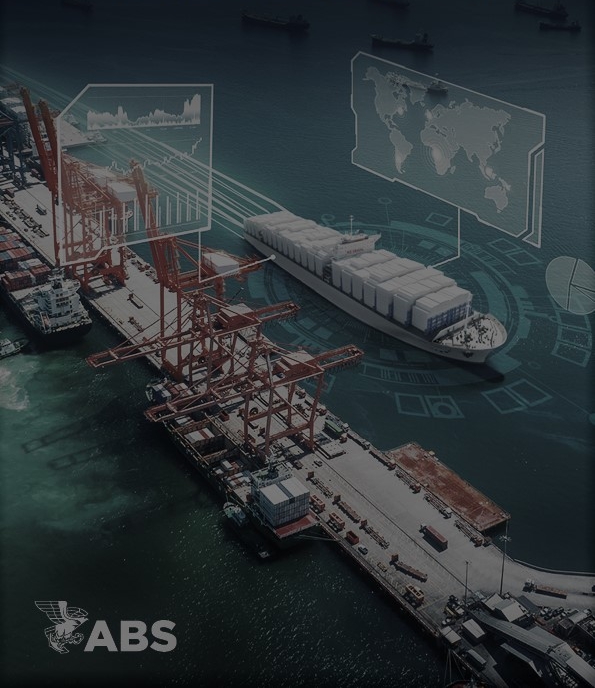From Concept to Reality – Advancing Innovation
The marine and offshore industries are constantly evolving, investing in new technologies to enhance operations, improve safety and reduce costs. In recent years, the push for innovation has accelerated, driven by the need to adapt to changing market conditions and low commodity prices.
However, the rapid pace of technological development often outpaces the creation of industry codes and regulations. This gap raises important questions about the readiness, maturity and safety of these new technologies.
ABS New Technology Qualification (NTQ) services provide a structured approach to support the early adoption and implementation of innovative solutions. By systematically evaluating potential risks and demonstrating the maturity of new technologies, ABS helps bring new concepts to life while aligning with industry practices.
What Defines a New Technology?
New technologies in the marine and offshore sectors encompass designs, processes, or procedures that lack prior in-service experience or established classification rules, statutory regulations, or industry standards. These innovations can be categorized into four distinct types:
- Pushing Boundaries: Existing designs, processes, or procedures applied beyond their current operational limits.
- Novel Applications: Existing designs, processes, or procedures used in new or unconventional ways.
- Innovative Designs: New or novel designs, processes, or procedures applied to existing applications.
- Completely New Concepts: New or novel designs, processes, or procedures applied to entirely new applications.
A Systems Engineering Approach to Qualification
ABS employs a Systems Engineering Approach to evaluate new technologies systematically and consistently as they progress from concept to operational use. This five-stage process aligns with typical product development phases:
- Feasibility Stage
- Concept Verification Stage
- Prototype Validation Stage
- System Integration Stage
- Operational Stage
At each stage, qualification activities focus on risk assessments and engineering evaluations that build upon one another. This process helps determine whether the technology meets acceptable safety levels in line with current marine and offshore industry practices.
The efforts of all stakeholders, including technology developers, system integrators and end users, are documented in a new technology qualification plan to maintain a collaborative and transparent approach throughout the development process.
Demonstrating Maturity and Achieving Type Approval
ABS provides Statements of Maturity at each stage of the qualification process, enabling vendors to showcase the feasibility and readiness of their technologies. These statements offer a competitive edge by building confidence among customers, partners and investors.
Regulatory agencies also benefit from the systematic review of potential hazards associated with new technologies. Upon completing the Prototype Validation Stage, eligible products may qualify for ABS Type Approval, which eliminates the need for repeated evaluations of identical designs. Additionally, a Product Design Assessment (PDA) can be issued during this stage, further streamlining the path to Type Approval.
Key Benefits of ABS New Technology Qualification
- Identify design improvements early, reducing risks to project schedules and operational safety.
- Leverage ABS expertise in qualifying new technologies across marine and offshore industries.
- Demonstrate technology maturity at every stage with ABS Statements of Maturity.
- Avoid repeated evaluations of identical designs through ABS Type Approval.
- Validate the feasibility of novel concepts with ABS Approval in Principle (AIP).
- Build confidence with regulatory agencies through systematic hazard reviews.
- Seamlessly transition from new technology qualification to class approval.
From Qualification to Classification and Certification
The ABS New Technology Qualification process integrates seamlessly with the Novel Concept Approval process, enabling a smooth transition to Class Approval.
When a marine vessel or offshore unit incorporates new technologies that significantly alter its service scope, functionality, or risk profile, it becomes a novel concept. ABS can provide class or certification for these novel concepts using the process outlined in the ABS Marine Vessel Rules Part 1D.
For additional assistance with approval and certification of new technologies, please visit the Approval and Certification page or contact innovate@eagle.org.




